Indian Navy’s First Training Squadron arrives at Maputo port, Mozambique
Mozambique: State wants details of Timor-Leste Sovereign Wealth Fund – president
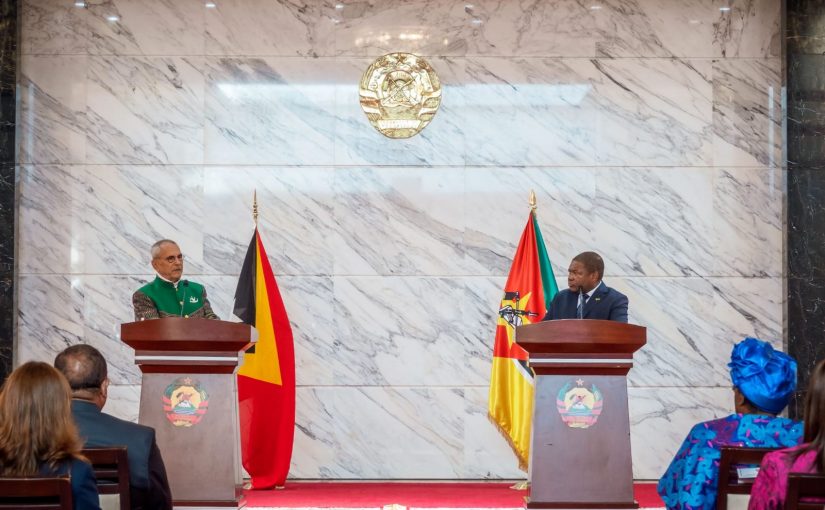
Image> Presidência da República Democrática de Timor-Leste
The Mozambican president on Friday expressed his intention to draw on Timor-Leste’s experience in managing its sovereign wealth fund, which is made up of funds from the exploitation of mineral resources.
“On our side (in the talks), my concern has always been along the lines of the sovereign fund. Knowing that my brother has already had experience of how it works and how it is exploited, especially through contracts, (…) we want to know how they have prepared their contracts,” declared Filipe Nyusi, moments after a meeting with the Timorese head of state, as part of the working visit that José Ramos-Horta is making to Mozambique until Sunday.
On 15 December, the Mozambican parliament approved the creation of the Mozambican Sovereign Wealth Fund with revenues from natural gas exploration, which by the 2040s should reach $6 billion (around €5.5 billion) a year.
The Mozambican government plans to transfer an average of 2,103 million meticais ( €30.7 million) to the Mozambique Sovereign Fund (FSM) every year until 2027, as set out in the Medium-Term Fiscal Scenario.
The country has the third largest natural gas reserves in Africa, estimated at 180 million cubic feet.
Filipe Nyusi insisted that the sustainable management of the fund also depends on the experience that the country has to learn from nations like Timor-Leste, a country with “muscle” in the management of mineral resources.
The President of Mozambique therefore highlighted the signing today of co-operation instruments that provide for this integration as an important step.
“They already have enough muscle to dominate the gas or hydrocarbon business in their country (…) For example, one of the issues we can discuss – I believe they must have had a case – is the delays in starting exploration (…) how they experienced this problem,” emphasised Filipe Nyusi.
José Ramos-Horta, for his part, recalled that Timor-Leste started its Sovereign Wealth Fund with just over US$200 million ( €184 million) in 2005, and today the country has around US$20 billion ( €18 billion).
“Today we have around US$20 billion in the Sovereign Wealth Fund, but we would be at around US$30 billion (€27 billion). We withdrew US$10 or 15 billion ( €9 or €13 billion) for the state budget, investing in roads and the new Port of Dili and electrification,” said the Timorese head of state, emphasising that the management of the fund is based on parliamentary debates and the executive has no power over the funds.
The Mozambican government has already completed all the necessary instruments to operationalise the Mozambican Sovereign Wealth Fund, which will be financed with revenues from gas exploration projects, the domestic director of Development Studies and Policies at the ministry of the economy and finance told Lusa on April 2.
Mozambique has three development projects approved to exploit the natural gas reserves in the Rovuma basin, classified among the largest in the world, off the coast of Cabo Delgado.
Two of these projects are larger and involve channelling the gas from the seabed to land, cooling it in a plant to export it by sea in a liquid state.
One is led by TotalEnergies (Area 1 consortium) and work progressed until it was suspended indefinitely after an armed attack on Palma in March 2021, when the French energy company declared that it would only resume work when the area was safe.
The other is the still unannounced investment led by ExxonMobil and Eni (Area 4 consortium).
A third completed, smaller project also belongs to the Area 4 consortium and consists of a floating platform to capture and process gas for export, directly at sea, which started up in November 2022.


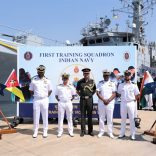
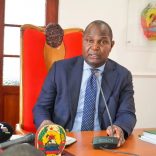
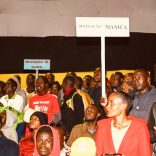


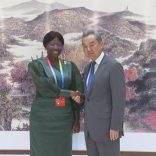





Leave a Reply
Be the First to Comment!
You must be logged in to post a comment.
You must be logged in to post a comment.